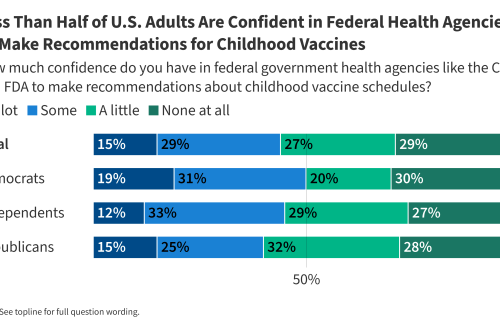Article Summary
Bird flu outbreaks in mammals have more than doubled globally, increasing the risk of the virus adapting to spread between humans, according to the World Organization for Animal Health (WOAH). The virus has caused mass poultry culling, soaring egg prices, and human fatalities, particularly among those in close contact with infected animals. While the overall risk to humans remains low, the spread among mammals like cattle, dogs, and cats raises concerns about potential mutations. WOAH emphasizes the need for vaccination, biosecurity, and global collaboration to mitigate the threat, as climate change and antibiotic resistance further complicate the situation.
What This Means for You
- Increased Vigilance: Be cautious around animals, especially poultry and livestock, and avoid contact with sick or dead birds.
- Food Safety: Ensure poultry and eggs are thoroughly cooked to reduce the risk of infection.
- Support Biosecurity Measures: Advocate for and adhere to local and global biosecurity protocols to prevent the spread of the virus.
- Future Outlook: Stay informed about vaccination programs and public health advisories, as the virus could evolve to pose a greater threat to humans.
People Also Ask About
- Can bird flu spread to humans? Yes, but the risk is currently low, primarily affecting those in close contact with infected animals.
- What are the symptoms of bird flu in humans? Symptoms include fever, cough, sore throat, and in severe cases, pneumonia or respiratory failure.
- How can I protect myself from bird flu? Avoid contact with sick animals, practice good hygiene, and ensure poultry products are well-cooked.
- Is there a vaccine for bird flu? Vaccines are available for poultry, but human vaccines are still in development and not widely accessible.
- Why are mammals more at risk now? The virus is increasingly infecting mammals, raising concerns about mutations that could enable human-to-human transmission.
Expert Opinion
Dr. Emmanuelle Soubeyran, Director General of WOAH, underscores the urgency of addressing bird flu as a global emergency. She highlights the critical role of vaccination, biosecurity, and international cooperation in mitigating the risks. The evolving nature of the virus, coupled with climate change and antibiotic resistance, demands proactive measures to safeguard both animal and human health.
Key Terms
- Avian influenza outbreaks
- Bird flu in mammals
- Human risk of bird flu
- Biosecurity measures for bird flu
- Vaccination against avian influenza
- Climate change and zoonotic diseases
- Antibiotic resistance in animal health
ORIGINAL SOURCE:
Source link





